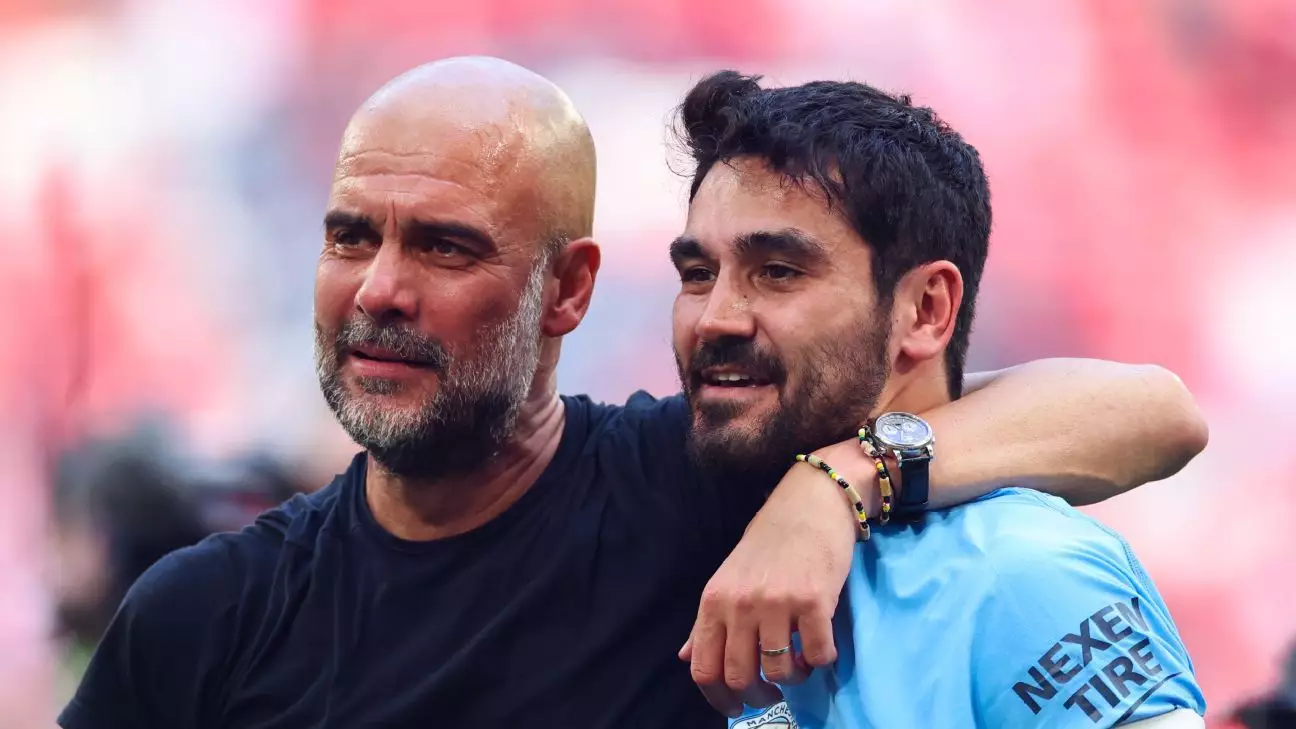When looking back at the history of European football, the clash between Germany and Spain in the Euro 2024 quarterfinals stands out as a pivotal moment. Both national teams have evolved over the years, developing a sophisticated and similar brand of possession football. It is interesting to note that this evolution can be traced back to the influence of Spain on German football, marking the beginning of a unique philosophical symbiosis between the two nations.
The transformation of German football can be seen as a direct result of Spain’s impact on the game. In the Euro 2008 final, Germany and Spain were worlds apart in terms of style and approach. However, 16 years later, they have become philosophical siblings, sharing a focus on dominant possession play. This shift was first evident at the 2010 World Cup when Joachim Löw’s German squad adopted a more refined and possession-oriented style of play, reminiscent of Pep Guardiola’s Barcelona side.
Pep Guardiola’s influence on German football further solidified the shift towards possession-based play. His tenure at Bayern Munich saw the introduction of tactical adjustments that aimed to provide new impetus for the German giants to remain competitive at the highest level. Guardiola’s emphasis on fluid positional play and creative attacking strategies reshaped Bayern’s approach to the game, showcasing the evolution of German football under Spanish influence.
More recently, Xabi Alonso has emerged as a key figure in redefining German football, particularly with his tenure at Bayer Leverkusen. Drawing from his experience under Guardiola at Bayern, Alonso has introduced patient passing and innovative positional play to Bayer Leverkusen, challenging the dominance of Bayern Munich in the Bundesliga. His unique concepts and style, while inspired by Guardiola’s principles, represent a new direction for German football that blends Spanish influence with a distinct identity.
While Germany has embraced elements of Spanish football philosophy, Spain has also continued to evolve and remain dominant on the international stage. The strong midfield core of the Spanish team, led by players like Rodri, enables them to control the entire pitch, both in possession and out of possession. Spain’s focus on technical and intuitive one-on-one players on the wings highlights their ability to create goal-scoring opportunities through individual brilliance.
Both Germany and Spain share a common approach to the game, emphasizing possession, creativity, and dominance on the field. While Germany relies on attacking midfielders like Jamal Musiala to unlock defenses, Spain thrives on the technical prowess of players like Nico Williams and Lamine Yamal on the wings. This convergence of styles reflects the evolution of European football over the past 16 years, showcasing the symbiotic relationship between German and Spanish football philosophies.
The clash between Germany and Spain in Euro 2024 serves as a testament to the evolution and convergence of football philosophies between the two nations. From the early days of athletic and stable play to the current emphasis on possession and creativity, both countries have influenced each other’s approach to the game. As Spanish and German football continue to evolve and adapt, the symbiosis between the two nations will undoubtedly shape the future of European football for years to come.

Leave a Reply